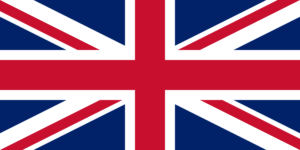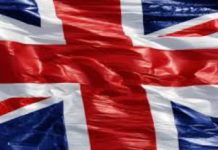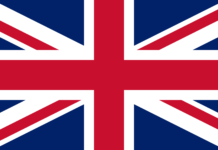Preparations are in full swing for the NATO summit in Madrid, where key decisions for the future of the Alliance will be made.
In the run-up to the NATO summit in Madrid at the end of the month, intense high-level diplomatic activity has taken over Europe. In Brussels, on Wednesday, the defense ministers discussed major changes in the Alliance’s defense posture, as well as the dynamics of the military support for Ukraine. On Tuesday, the President of Romania, Klaus Iohannis, was in The Hague for a small-scale meeting to organize the NATO Summit, where he stressed the need for a consolidated and effective Allied presence on the Eastern Flank . At the end of the meeting, a joint declaration was adopted in which the signatory countries reaffirm their solidarity with Ukraine and call for an end to the war started by President Vladimir Putin.
Also on Wednesday, the President of France, Emmanuel Macron, reiterated, at the Mihail Kogălniceanu Air Base in Constanța (southeastern Romania), that to France Romania is not a country like any other and recalled the two-century alliance and friendship between the two states. The main topic approached by the two presidents was the preparation of the NATO summit in Madrid, where key decisions for the future of the Alliance will be made. The French leader spoke of the Allied joint effort to support Ukraine and the next steps Europe must take to help resolve the conflict. Emmanuel Macron:
„We must continue to support Ukraine, to help it defend itself in this war, to help it economically, financially, humanitarianly, to help it integrate into Europe, to receive refugees fleeing the war. This is the position of France and Europe. The strategy we have adopted has been strengthened to address the growing threat at the Black Sea and fully illustrates our concerns in this partnership. Together with our Romanian friends, we have committed ourselves to providing support for Ukraine in all its forms: political, humanitarian, financial, military„.
Bilateral talks also addressed the issue of energy security, from the perspective of the Union’s strategic decisions to eliminate dependence on the Russian Federation, as well as the issue of global food security, affected by Russia’s abusive blockade of Ukrainian ports. Klaus Iohannis says that Romania is making efforts to improve its infrastructure, even if it already transports hundreds of thousands of tons of grain from Ukraine to Constanta and, further, to other countries. Klaus Iohannis:
„Our authorities are looking for integrated solutions to render this transit as effective as possible, including with the support of our external partners. We have thus agreed with the President to work closely together to achieve this goal.„
The talks also focused on the possibilities of helping the Republic of Moldova (ex-Soviet, mostly Romanian-speaking) to face the multiple challenges it has to deal with as a result of the security crisis triggered by the Russian war in Ukraine. In fact, the president of the neighboring state, Maia Sandu, received assurances of support in the process of EU accession from Emmanuel Macron himself, who went to Chisinau after his visit to Romania. (Daniela Budu, Radio Romania International)







